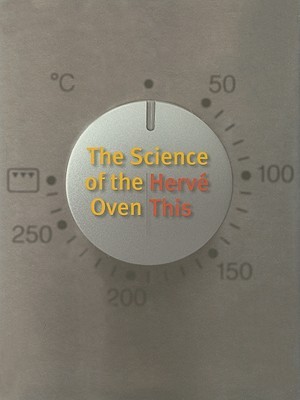Statuses
Chris Aldrich is reading “Off-Grid in Alaska: Farewell and Thanks for the Fish!”
I'd like to share some of our lessons learned to aid anyone dreaming of going entirely off-grid in the wilderness.
🎞 Watching Harry Potter and the Goblet of Fire (Warner Bros., 2005)
Directed by Mike Newell. With Daniel Radcliffe, Emma Watson, Rupert Grint, Eric Sykes. Harry finds himself mysteriously selected as an under-aged competitor in a dangerous tournament between three schools of magic.

📕 Finished reading Fletch and the Man Who by Gregory Mcdonald
There’s some great stuff in the last half of the book about Wheeler’s platform that is eerily prescient of the situation we now find ourselves in with regard to a heavily internet connected world and who owns it. It’s also an odd feeling reading this after experiencing what’s recently happened in the 2016 presidential election and it’s ensuing results.

Chris Aldrich is reading “Fix the internet by writing good stuff and being nice to people”
Today’s internet is mean. It’s hard to pinpoint exactly when everyone online became a jerk, but to me it seems that the tipping point occurred right when making money off content started being worth more than the content itself. I wrote the following post before the election but never got around to publishing it. Now, it seems more necessary than ever.
Chris Aldrich is reading “Let’s replace Twitter with something much better.”
I love that by following certain people, my timeline has become a stream of interesting and entertaining information. I love that sometimes I am able to fit my little publication just so into the 140 characters given to me.
Chris Aldrich is reading “How The 2016 Election Blew Up In Facebook’s Face”
As Facebook attempted to capture the fast-moving energy of the news cycle from Twitter, and shied away from policing political content, it created a system that played to confirmation bias and set ...
[ hypothesis user = 'chrisaldrich' tags = 'akbf112116']📖 35.0% done with Fletch and the Man Who by Gregory Mcdonald
Usually Fletch is the one with all the sharp, ascerbic statements, but in this installment I’m noticing that he’s the tame one and everyone else is somehow playing the part he usually does.

📖 21.0% done with Fletch and the Man Who by Gregory Mcdonald
Fletch has a new job, and like usual, the first few minutes of the book throw us right into a riveting high concept. Where we’re ultimately headed is anyone’s guess…

📖 On page 70 of 206 of The Science of the Oven by Hervé This
This just keeps getting better and better! This isn’t the fluff on food writing that I supposed it might be based on its title which drastically undersells the overall work. This is a great writer, and the translation is generally excellent. It borders frequently on poetry in its descriptions while maintaining a heavy reliance on underlying science. It manages to maintain enough generality to keep a broad audience while still expounding on the science at play. It will eventually sit in a place of pride on my bookshelf on next to Harold McGee who is one of the few writing at this level.
This does an excellent job of debunking some commonly held misconceptions about food and cooking while simultaneously creating a new vocabulary to make future descriptions and work easier to grasp.
Somehow I had been under the misunderstanding that the author was a chef when in fact he is a physical chemist. And the translator is a poet by trade.

📖 On page 26 of 206 of The Science of the Oven by Hervé This
His poetry just keeps flowing. This is not only great food writing, this is really great science writing. The introduction has some interesting philosophy both of and on science.

Chris Aldrich is reading “Field Notes: Grace Hopper Celebration of Women in Computing”
Automattic heads to Houston, Texas — along with 15,000 other people — to talk women in tech.
Chris Aldrich is reading “WordPress Without Shame”
By Gina Trapani, Director of Engineering, Postlight
they actually use Medium for their core publication
This is definitely not an IndieWeb way to go!
But not every nail needs a fully-custom hammer.
Ain’t this the truth.
Chris Aldrich is reading “Donald Trump’s proposed “Muslim registry,” explained”
His administration might revive a Bush-era program that registered thousands of immigrants — most of them Muslim.
Chris Aldrich is reading “West Virginia mayor resigns after racist Michelle Obama Facebook post”
The mayor of Clay, West Virginia, has resigned and another county official is out following their exchange over a racist Facebook post that compared first lady Michelle Obama to an "ape in heels." The county employee, Pamela Taylor, worked as director of the Clay County Development Corporation and wrote on Facebook: "It will be so refreshing to have a classy, beautiful, dignified First Lady back in the White House. I'm tired of seeing a (sic) Ape in heels," according to a screengrab obtained by CNN affiliate WSAZ.